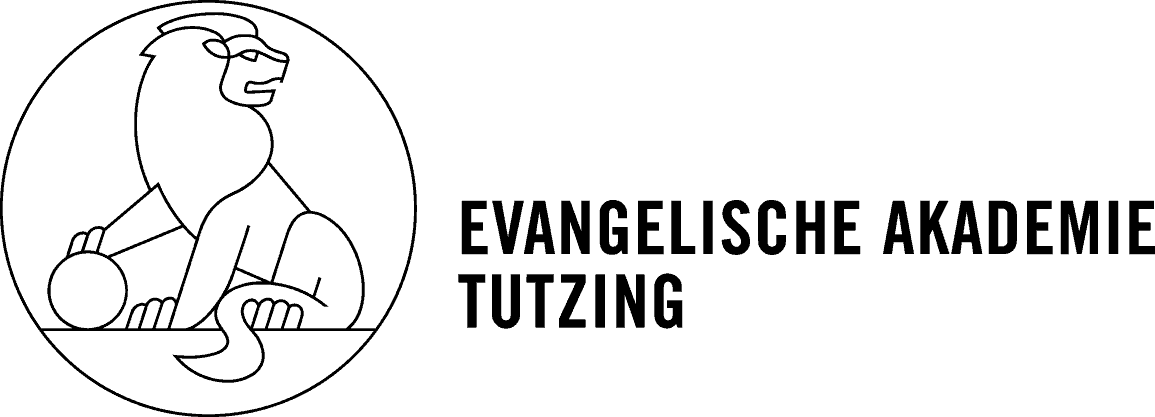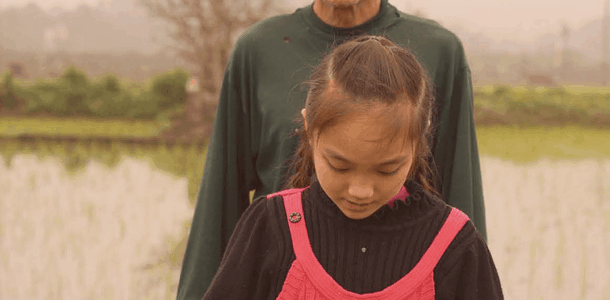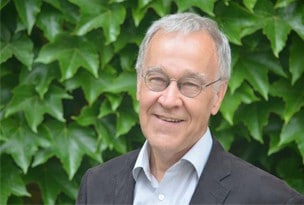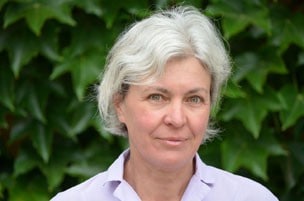TOXIC LEGACIES – AGENT ORANGE AS A CHALLENGE
Agent Orange, the herbicide used during the Vietnam War, has left usboth a bitter legacy and a historical lesson. Countless people have struggled with the human and environmental damage caused by the chemical exposure that still continues today. Questions remain for lawyers, scientists, and affected individuals about potential and ongoing risks, about who should be held responsible, and whether compensation should be paid to victims.
In this conference, we will examine this chapter of the Vietnam War in the context of a broader discussion of comparable military and civil environmental disasters. The story of Agent Orange is still topical: its historical focus is primarily on Vietnam and the United States, but it raises questions of environmental justice, military and peacetime interventions, economic damage, and sustainabile development, that are relevant across the world.
The conference brings together participants from all sectors of society, including those working in the insurance industry and in business, lawyers, environmentalists, human rights activists, academics from all disciplines, military personnel, and those with a strong connection to the Vietnam War and the peace movement.
Conveners:
Amy Hay, University of Texas-Pan American/Rio Grande Valley
Martin Held, Evangelische Akademie Tutzing
Christian Lahnstein, formerly Munich Re
Nga Le, Social entrepreneur and political activist, Munich
Christof Mauch, Rachel Carson Center for Environment and Society (RCC), LMU








